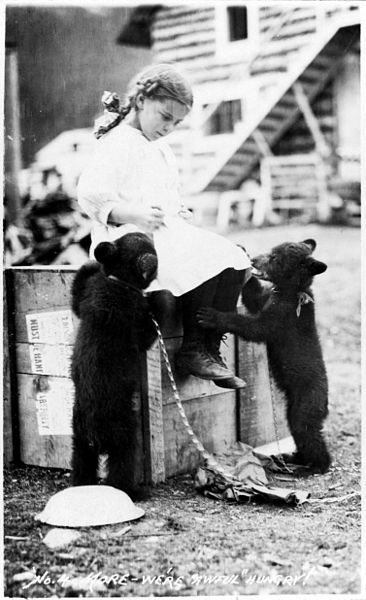It would really be much less messy for humans if other animals didn’t have consciousness, but they do and probably more than we’d like to believe. From Brandon Keim’s new Aeon essay:
“In the 1960s, Jane Goodall was mocked by her primatologist peers for speaking of chimpanzee emotions, such as a mother grieving for her dead infant. Even her use of gender-specific terms for individual chimpanzees was seen as anthropomorphic and unscientific. As the journalist Virginia Morell recounts in Animal Wise (2013), Goodall’s editor at the prestigious journal Nature tried to replace ‘he’ and ‘she’ with ‘it’ in her first manuscript. When the zoologist Donald Griffin wrote in The Question of Animal Awareness (1976) that biologists should investigate ‘the possibility that mental experiences occur in animals and have important impacts on their behaviours’, it was still a radical suggestion.
These days, Goodall is a hero, Griffin a prophet, and studies of animal intelligence ubiquitous: not just in chimpanzees, dolphins and parrots, but in octopuses, archerfish, prairie dogs and honeybees — a veritable Noah’s Ark of braininess. Caveats remain, of course. Intelligence is relatively easy to study, but it isn’t quite the same thing as consciousness, nor emotional life. It’s been less controversial to ask whether rats remember where they stored food than whether one rat cares for another.
Yet even rats, it turns out, feel some empathy for one another. A team at the University of Chicago found that rats became agitated when seeing surgery performed on other rats, and a follow-up study in 2011 found that, when presented with a trapped labmate and a piece of chocolate, rats free their caged brethren before eating. Those who study animal behaviour are still careful when talking about subjective experience — sure, Eurasian jays can guess what their mates want to eat, but who knows if they like each other? — but they’re being professionally cautious rather than dismissive. The average person can safely speculate away: animal consciousness is a reasonable default assumption, at least for vertebrates, and not just in some dim sense of the word, but possessing forms of self-awareness, empathy, emotion, memory, and an internal representation of reality.”


